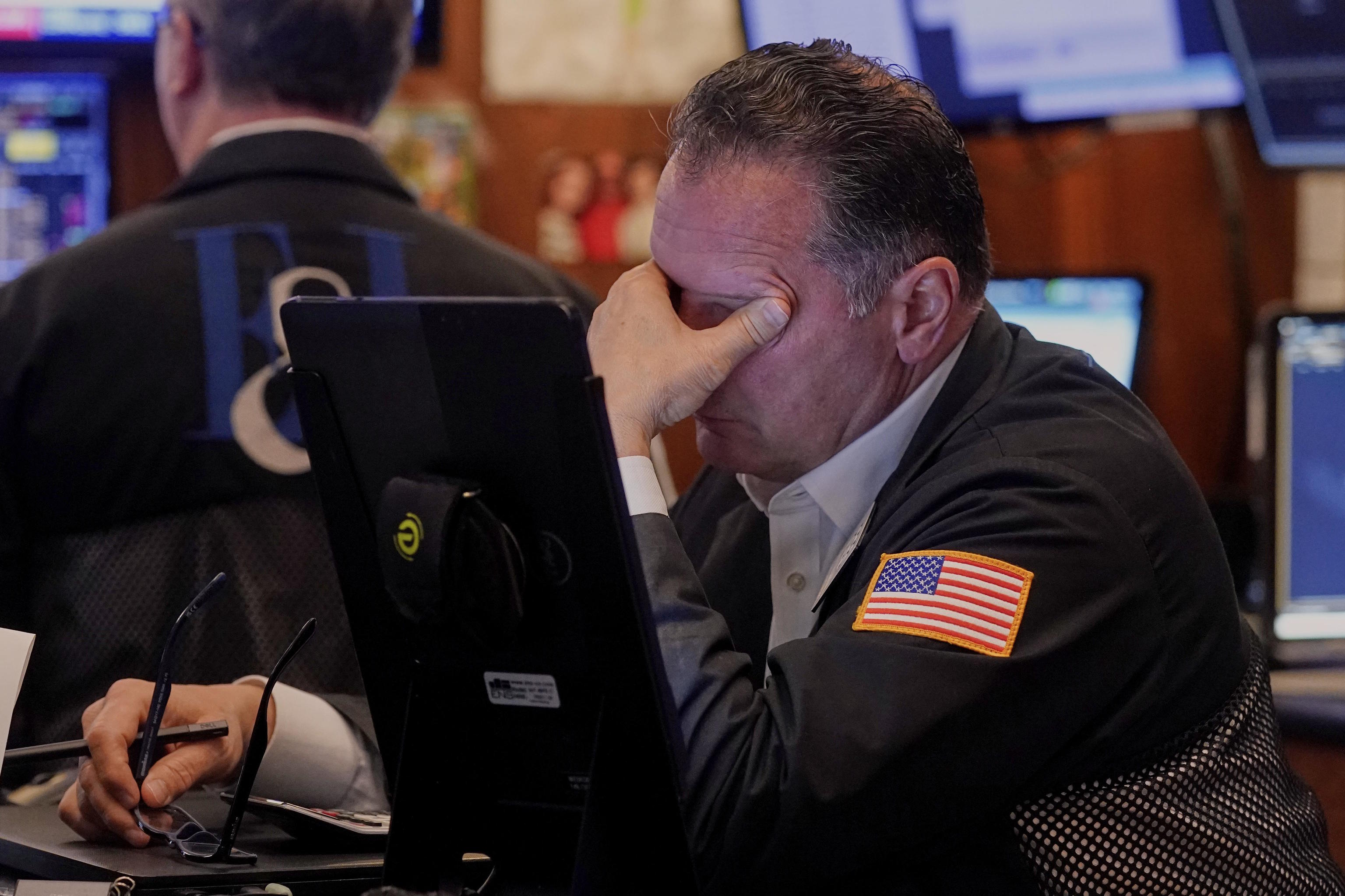Donald Trump's word has been losing value in a market that no longer gives credibility to the announcements of the US president. Investors who celebrated with hefty gains on Wednesday the "pause" of 90 days in the trade war are the same ones who, 24 hours later, doubt what the consequences of this decision will be for the economy. It is a measure that sounded better than it actually is, according to analysts at Citi who perfectly summarize the current market sentiment.
Yesterday Europe rose following the purchases seen on Wednesday afternoon on Wall Street. But that's it. The euphoria is over. The game remains the same, but Donald Trump has set out to change the board every week and uncertainty does not mix well with stock gains. This is despite the European Union also giving in and postponing for another 90 days the approved tariffs on US products.
Just look at oil - one of the best indicators to anticipate a recession - which fell again yesterday; the 'fear index', measuring volatility, rose again, and German bond purchases continue - a shelter from the storm - while US debt is being sold, a sign that neither its bonds nor its currency are seen as safe havens given the erratic policy of President Donald Trump. Furthermore, the trade war is not over: China and the US remain in a head-on clash (with tariffs of 84% and 125%, respectively) and the 10% tariffs imposed by the US Administration are "much higher than what was previously applied to most countries," according to Generali IM. "The natural reaction of companies to this level of uncertainty will be to wait and see what happens, postponing or canceling investment plans. This will have a negative impact on growth," say their analysts.
There are many details unknown due to the way economic measures are being communicated in the White House through social media messages or in the media. "Specific tariffs on the automotive sector, aluminum, or steel remain, and tariffs on pharmaceuticals or semiconductor companies are still pending," notes the investment bank Citi. "The smart approach would have been to impose 10% tariffs, as suggested by some investors and other sensible voices, and implement policies that gradually correct the trajectory of the US economy over the next 10 to 20 years, in other words, a contemporary version of the New Deal," but the opposite has been done, according to Julius Baer.
What trajectory needs to be corrected? The US has what is known in economics as "twin deficits" in its trade balance and public debt, explains Alberto Matellán, CEO of La Financière Responsable (a company acquired by Mapfre). Trump, who must fulfill his promise a thousand times to make 'America great again', must "rebalance the deficit," and the only way to "reduce it is to increase revenues without raising taxes," that is, by producing more in the US. But all of this takes time and will change the way commercial relationships are understood at this moment.
"Believing that sectors can be rapidly and frantically reindustrialized for national security is completely illusory. Fortunately, when there is no one left in the room, modern capital markets come to the rescue," concludes Julius Baer.
